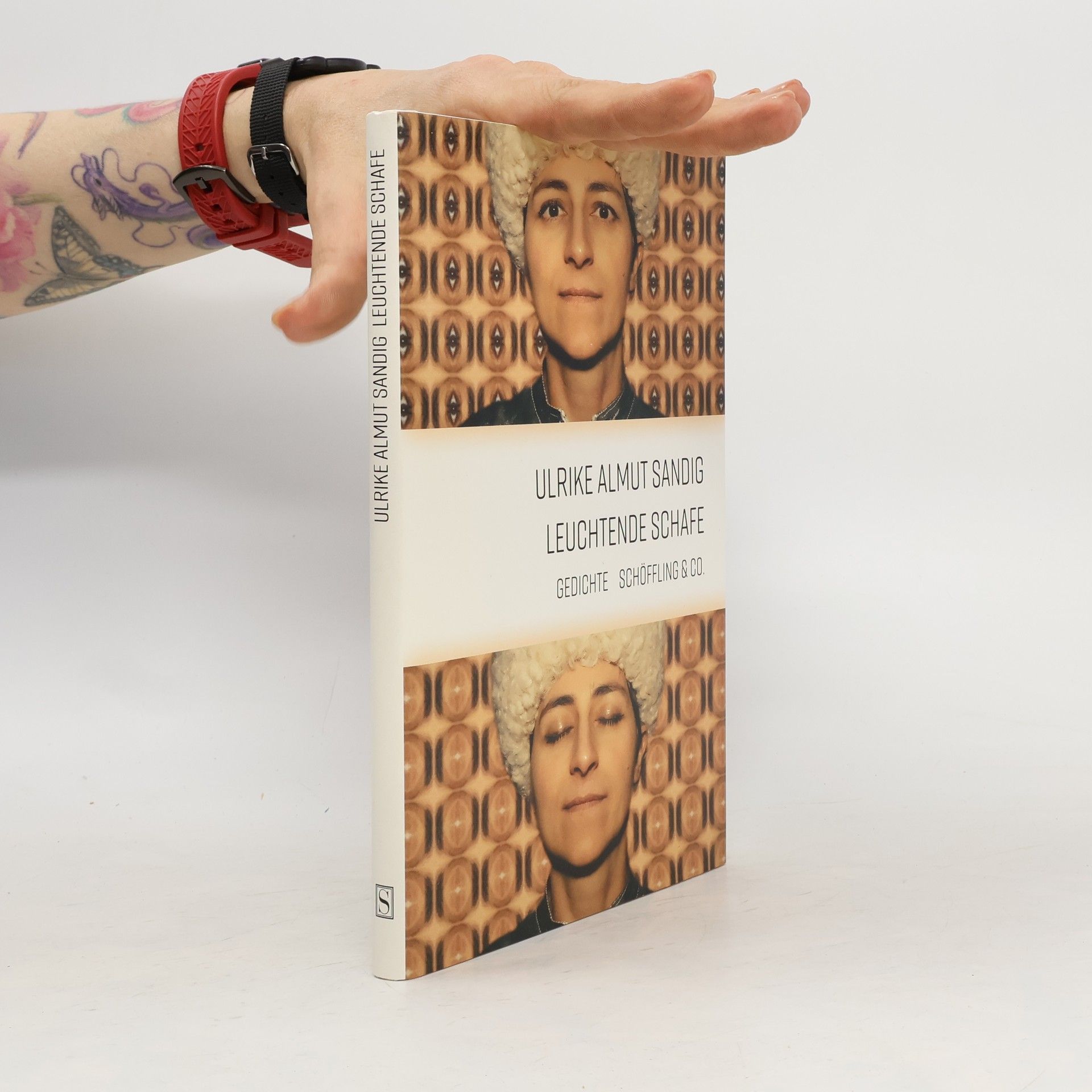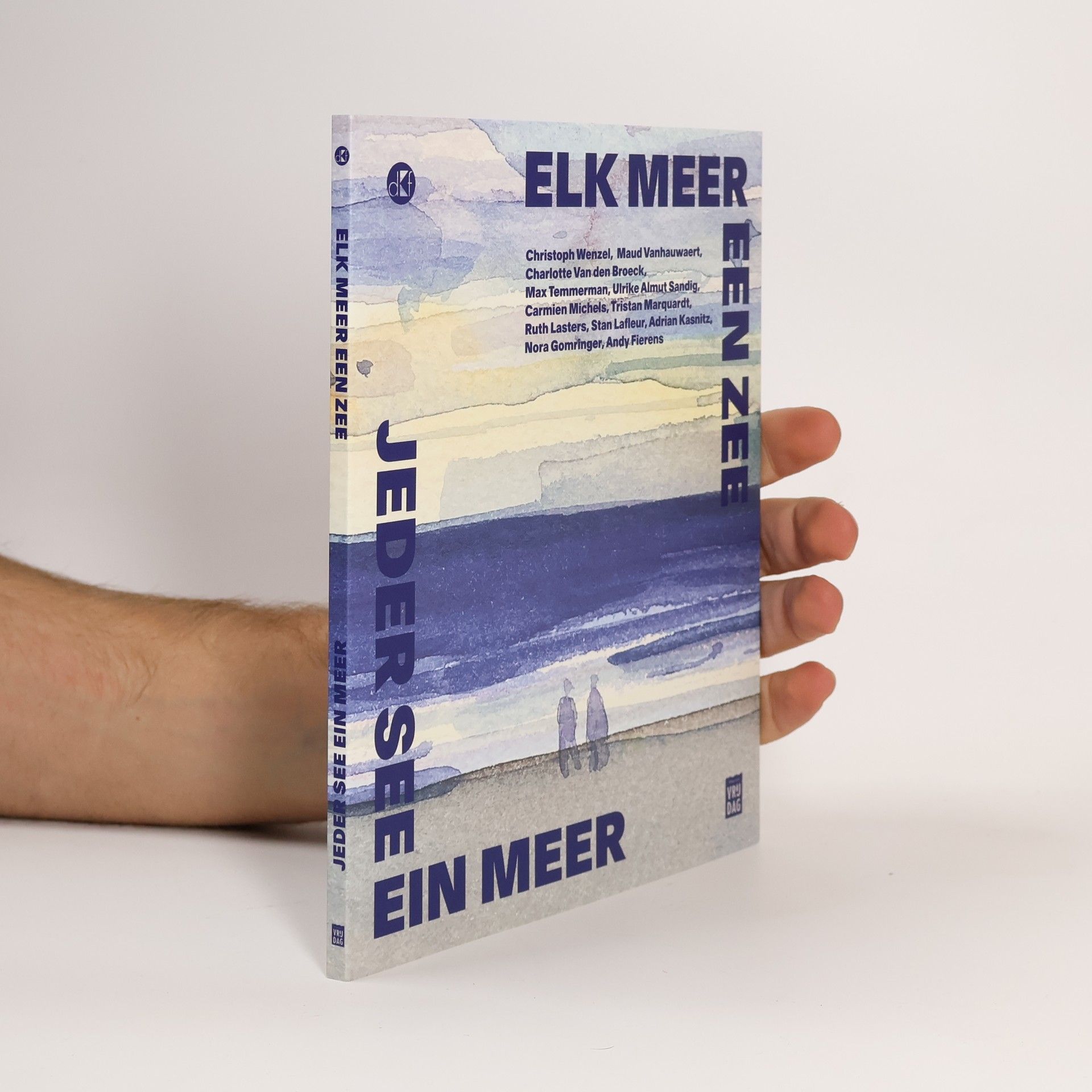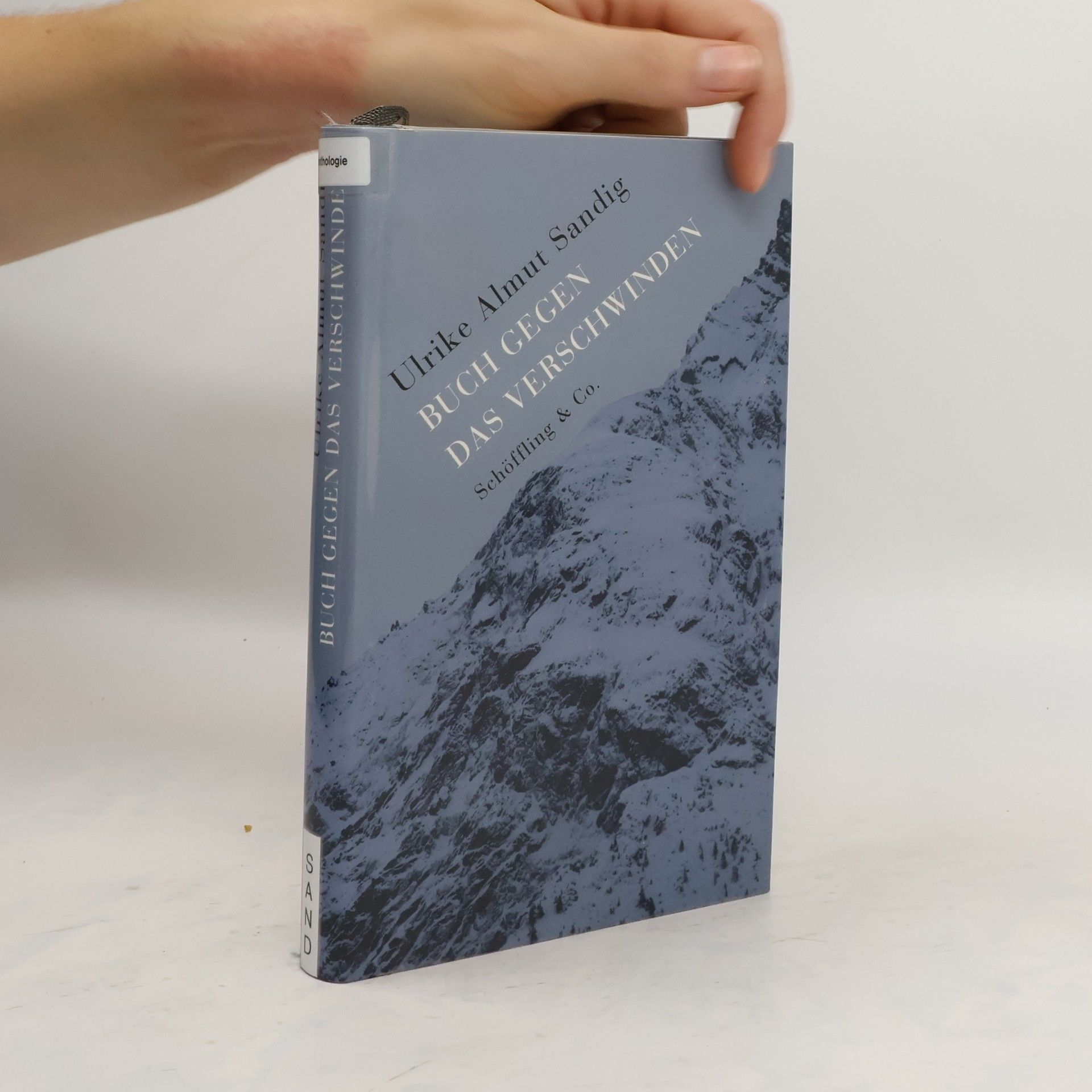Shining Sheep – Poems
- 132 Seiten
- 5 Lesestunden
A collection of vital, melancholic, elemental, and vibrantly contemporary poems. In the beginning, was the light, or was it the Lumières? In Ulrike Almut Sandig's latest volume of poetry, it is only a leap from the creation of the world to the symphony of the Berlin metropolis. And there is a question holding out off the coast of Lampedusa: Can shining sheep be used as night storage for the dark hours, when we are overwhelmed with fears of God, of a gym teacher with a whistle, of mothers with eyes as black as coal? In devastating sequences, Sandig charts the reality of an abused child, victims of contemporary war, or a fourteenth-century Madonna. Full of humor, musicality, lightness, and rage, Shining Sheep is not just visual poetry--it has loops in your ear and filmic explosions of imagery for all your senses.







